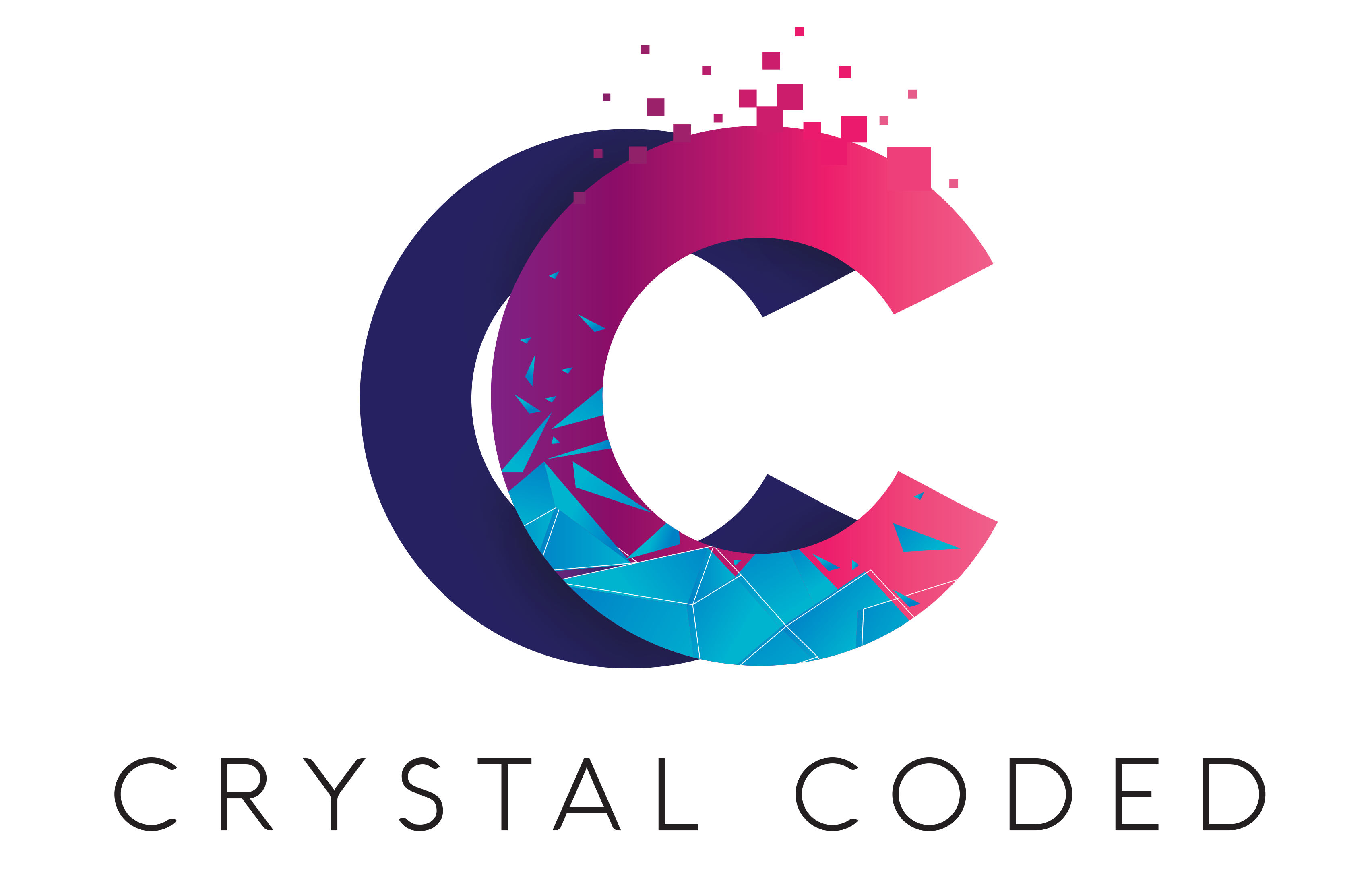Seven Tools That Inventors Need
- Crystal Young
.jpg/v1/fill/w_320,h_320/file.jpg)
- Sep 17, 2021
- 3 min read

Have a really cool idea for something? That’s great. But did you do your homework? There are a lot of things that have to happen before you can suddenly burst on the scene with your new product. As an inventor, you know that. But do you know what the seven tools you need are? Here is a look at the business end of creating something new and exciting for the marketplace.
1. Market Research
We warned you that there was going to be some homework required. In the case of your invention you will want to have as much information gathered as possible related to products similar to yours. Your market research should also include all details available on those products in the segment of the marketplace you intend to launch and sell your particular product.
2. Industry Publications/Magazines
The best way to obtain some insider information is to follow what is happening in the world of your competitors. By doing so, you can identify gaps or product saturation allowing you to adapt and act when prototyping. You may have to subscribe, or you can visit libraries to flip through pages snapping photos with your phone or take a notebook and document notes for reference.
3. Inventor Notebook
This is sort of your secret weapon. It is actually your journal that traces all the work you have done related to your inventions. In this notebook you will want to record dates for each entry, even if it is just a small doodle or one-line note. Whatever you do, do not tear out any of the pages, even if you have spilled coffee on them. Your notebook has to stay intact.
4. Samples Repository
Do you have competitor’s products in a collection that you can examine? By doing this you can take them apart and learn a lot about what is working and what isn’t with a particular design. It is actually a vital part of your product development process. The more you know about a competitive product, the better you will be at discussing the benefits of yours versus theirs.
5. Barter Network
There is a lot of truth to the saying, “It’s not what you know…it’s who you know.” In the inventing world you will benefit greatly if your network includes professional graphic artists, web designers, patent attorneys and so on. These professionals can give you leverage over competitors. However, your network has to be filled with A-Listers and not hobbyists.
6. Mentorship
Never underestimate the nuggets of knowledge you can glean from a chat over coffee with someone who has already been there and done that. Find like-minded individuals and network as much as you can. Expect to have some brilliant tips and advice handed down as lessons you’ll be able to use in a practical sense. Even if it’s just to help you avoid making costly mistakes.
7. Discipline
It’s not easy inventing something that can be useful. It takes dedication, perseverance and patience. It takes time, knowledge and money. Your vision has to be supported by hard data, mentorships and relations. If it wasn’t so hard, everyone you know would be selling their gadget online and every one of them would be living a very different life.
Do You Have All of These Tools?
If you recognize the need for any of these tools in your product development process, we can tell you more about them. Call us to discuss your ideas at (305) 521-9080





Comments